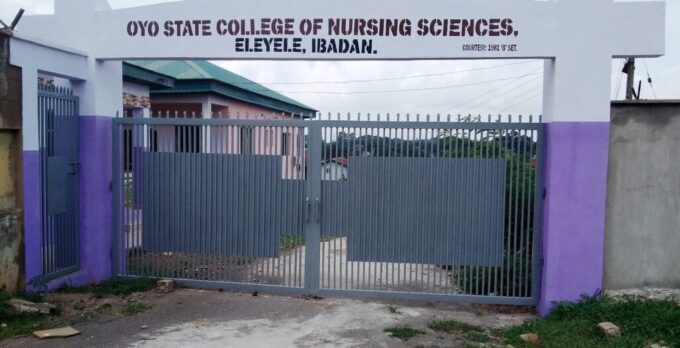From Sunday Ani
The Etsako East Local Government Chair in Edo State, Princess Benedicta Attoh, has revealed that Nigeria loses over 400,000 barrels of crude oil daily, with the figure steadily rising.
Speaking at the 4th anniversary and roundtable on sustainable development organised by the Centre for Sustainable Development, Federal University of Petroleum Resources, Effurun, Delta State, Attoh described crude oil theft, pipeline vandalism, and illegal mining as major challenges causing significant financial losses, environmental degradation, and social instability.
Attoh made mention of foreign actors exploiting weak mineral governance, citing poverty, lack of opportunities, inadequate infrastructure, grievances with oil companies and government, weak law enforcement, corruption, poor surveillance technology, and insufficient regional cooperation as root causes of pipeline vandalism and oil theft. She noted, “The daily oil theft in Nigeria was more than the total daily production of some oil-rich nations.”
She explained, “Pipeline vandalism causes oil spills, contaminating water sources, soil, and affecting wildlife. Illegal mining leads to deforestation and soil erosion, impacting local communities.” Attoh added, “The absence of basic infrastructure in the Niger Delta and other oil-producing areas struggling with poverty, lack of education, clean water, and unemployment has further exacerbated the problem, driving more people to seek alternative means of survival.”
Urging government action, Attoh called for sustainable partnerships with oil-producing communities through multi-stakeholder collaboration and incentives for reporting suspicious activities, stating, “No outsider could protect the oil facilities in any community better than the members of such community.”
She criticised weak policy enforcement, blaming powerful individuals and questioning the poor implementation of the Petroleum Industry Act (PIA) and other regulatory measures.
Attoh concluded, “Sustainable security in the extractive sectors is not just a government responsibility, it is a collective duty. By forming inclusive partnerships, reducing poverty among youths, embracing technology, and enforcing transparent governance, we can stem the tide of sabotage and transform our extractive industries into engines of peace, prosperity, and sustainable growth.”

















Leave a comment